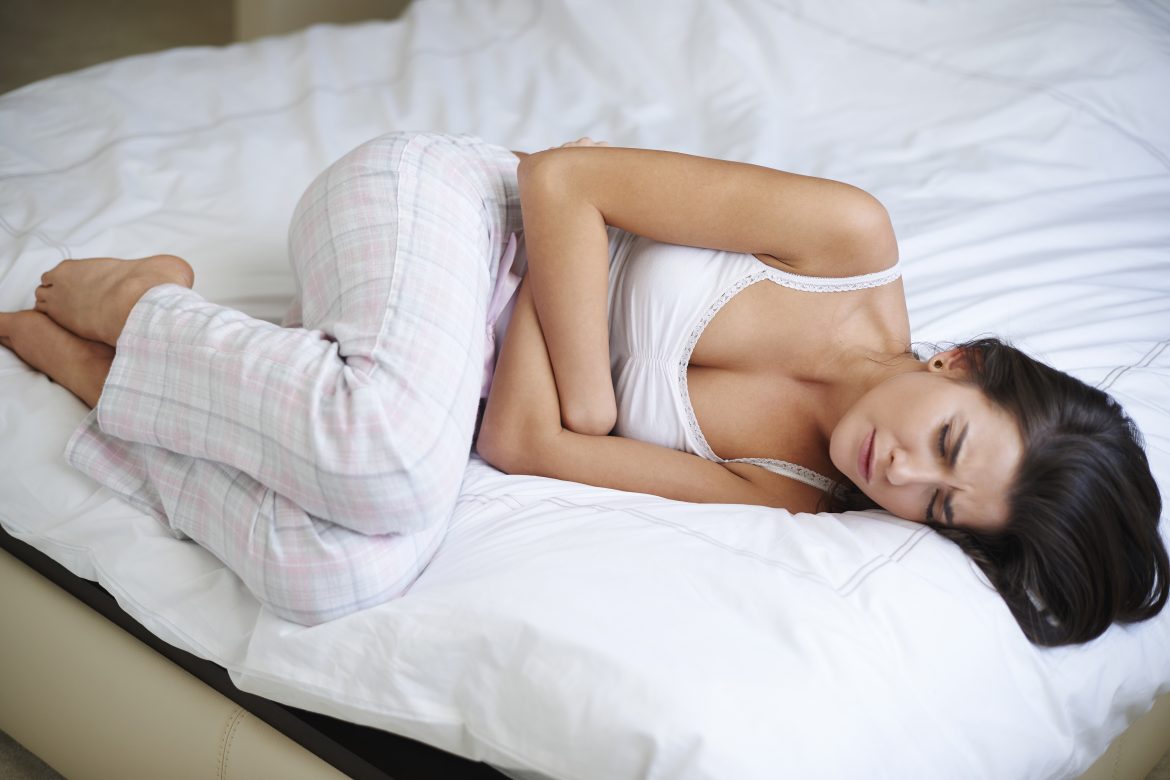Whether it’s food poisoning, a viral infection, or a change in local water or cuisine, stomach upsets are unfortunately a common travel hiccup. Here’s what to do if it strikes — and how to recover quickly so you can get back to enjoying your trip.
ALSO READ: The ultimate checklist for your first international trip post-40
Know the symptoms
The most common signs of a tummy bug include nausea, vomiting, diarrhoea, stomach cramps, fever, and general fatigue. If symptoms are mild, they can often be managed on your own. However, if you experience high fever, blood in your stool, severe dehydration or symptoms lasting more than three days, seek medical help immediately.
Rest and rehydrate
Your number one priority is hydration. Tummy bugs cause fluid loss, which can lead to dehydration very quickly — especially in hot climates. Sip on bottled water, oral rehydration solutions (ORS), or make your own with a mix of clean water, salt, and sugar. Avoid alcohol and caffeine, as these can worsen dehydration.
Stick to the BRAT diet
Once your stomach settles, ease back into eating with bland, easy-to-digest foods. The BRAT diet — bananas, rice, applesauce, and toast — is a tried-and-tested approach. Avoid dairy, greasy meals, spicy food, or anything too fibrous until you’re fully recovered.
Use medication wisely
Over-the-counter medications like loperamide (for diarrhoea) or anti-nausea tablets can offer relief, but they’re not always the best first choice. These can sometimes mask symptoms of more serious illness or prolong infection by stopping your body from expelling the cause. Always check the label, and use them as a short-term measure.
Practise good hygiene
It’s especially important to wash your hands thoroughly after using the bathroom and before eating. If soap and water aren’t available, use a hand sanitiser with at least 60% alcohol. Keep sanitising wipes on hand to clean surfaces like toilet handles or hotel room doorknobs.
Avoid spreading it to others
If you’re travelling with others, take extra care to avoid sharing utensils, towels, or toiletries. Use a separate bathroom if possible and avoid preparing food for anyone until you’re better.
When to see a doctor
Don’t try to ‘tough it out’ if you’re feeling worse by the day. Seek local medical help if:
-
You can’t keep fluids down
-
Your symptoms last longer than 48–72 hours
-
You have a high fever (over 38.5°C)
-
You experience confusion, dizziness, or signs of severe dehydration
Prevent it next time
Tummy bugs are not always preventable, but you can lower your risk by:
-
Drinking bottled or boiled water
-
Avoiding ice in drinks in places where tap water isn’t safe
-
Choosing freshly cooked meals over buffet-style food
-
Peeling fruit yourself and avoiding raw vegetables in some regions
Getting sick on a trip is never fun, but with rest, hydration and a little care, most travellers bounce back within a few days. Be gentle with yourself, take it slow, and when you’re back on your feet, ease back into your adventure one step at a time.
ALSO SEE:

